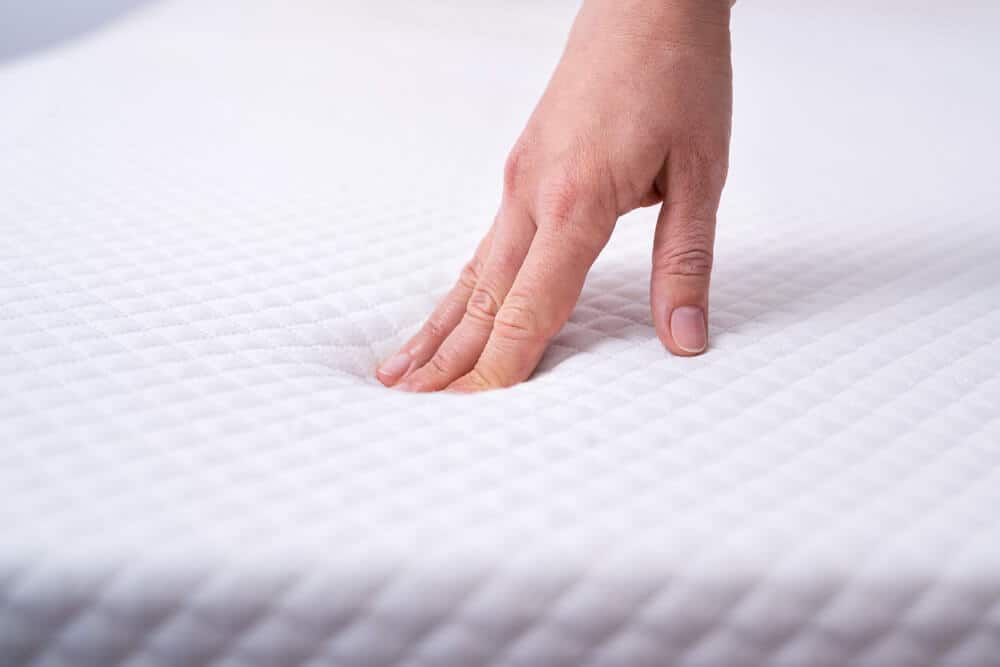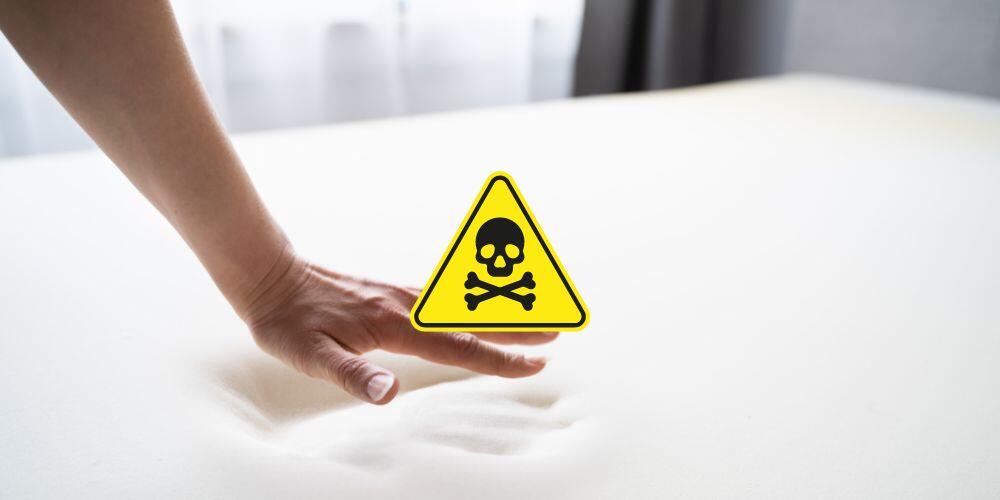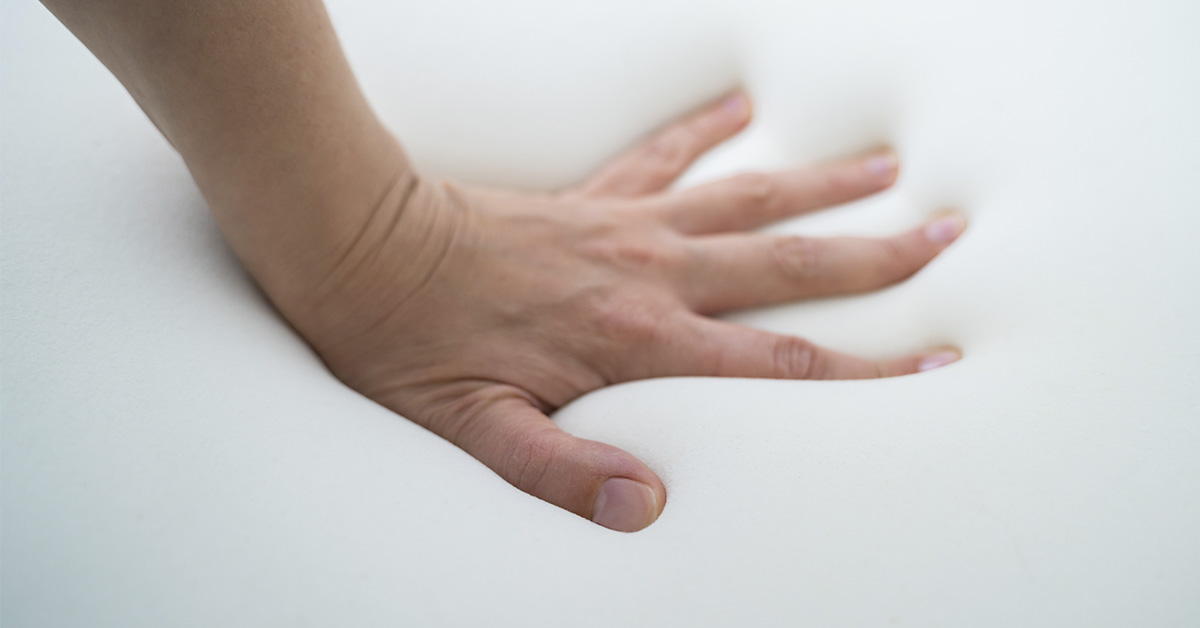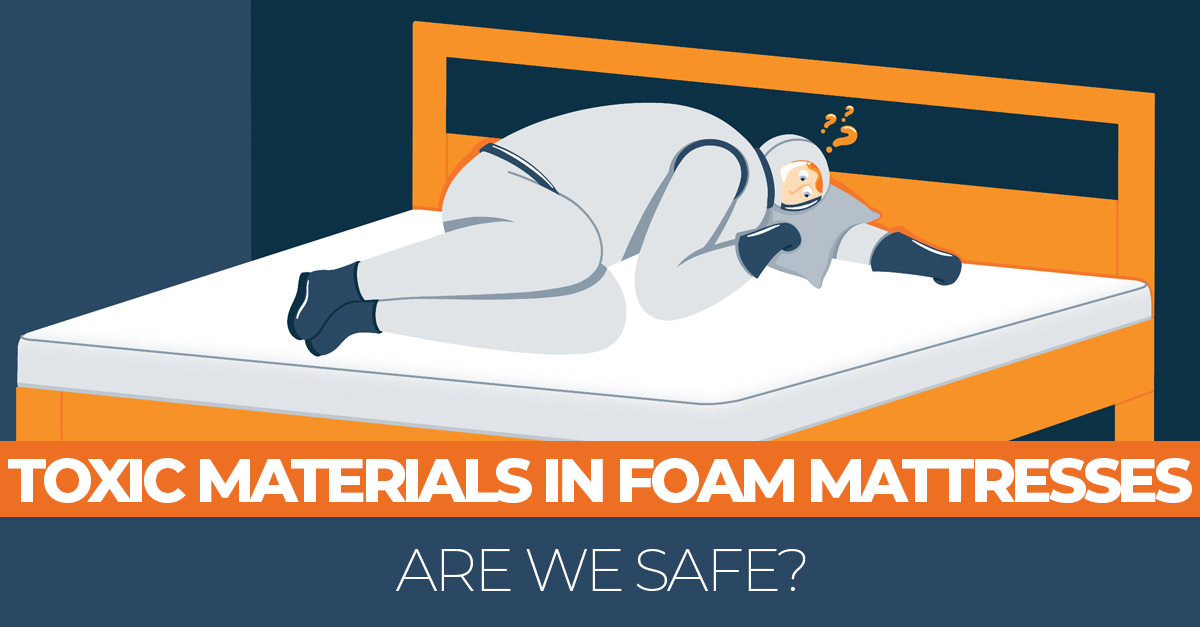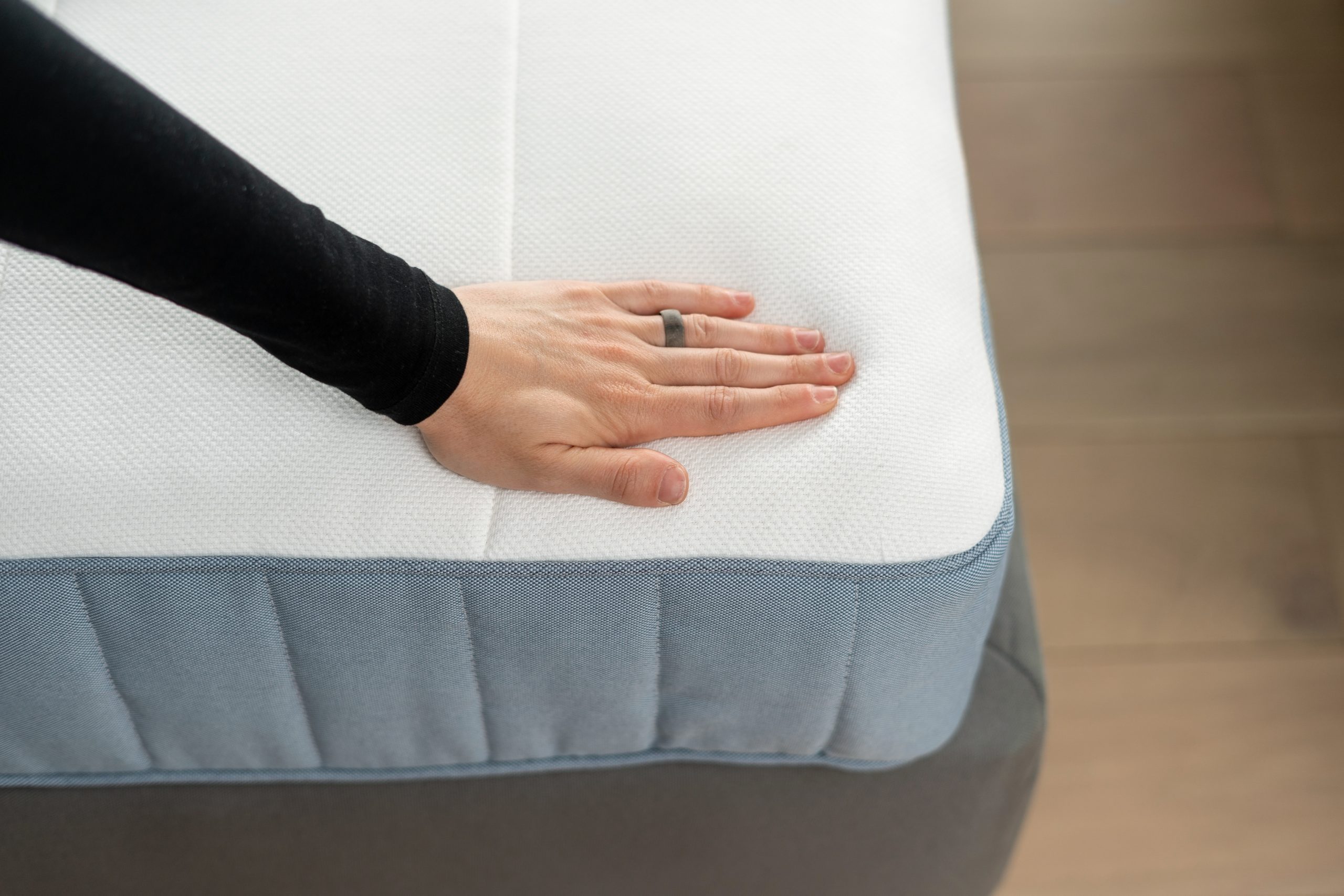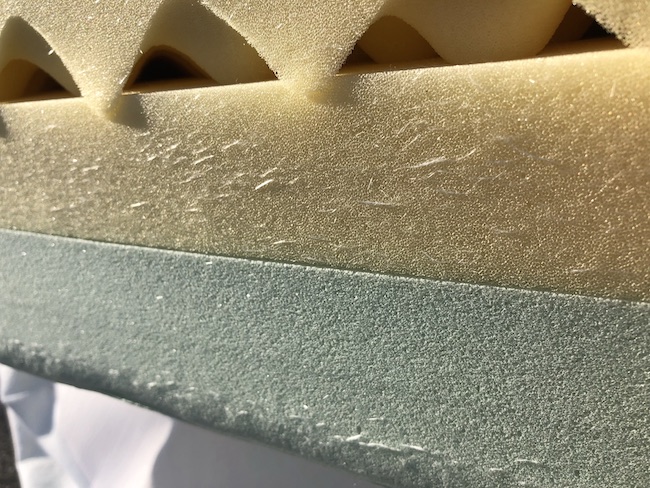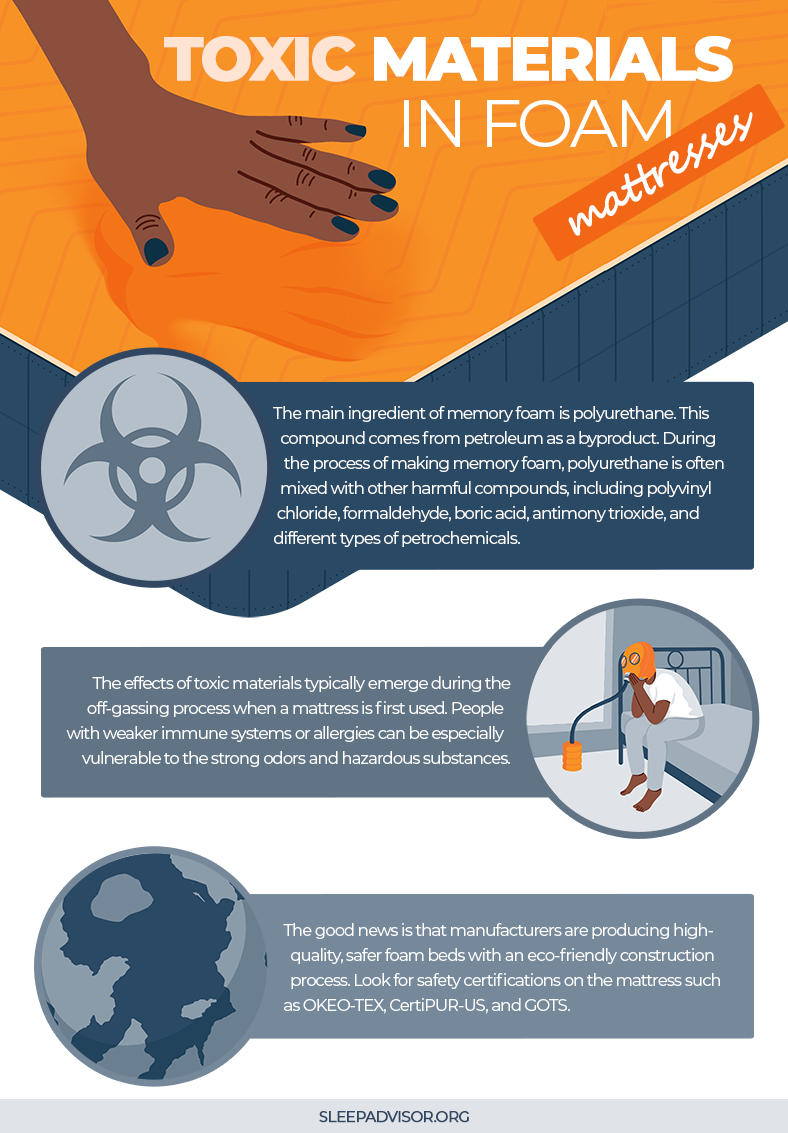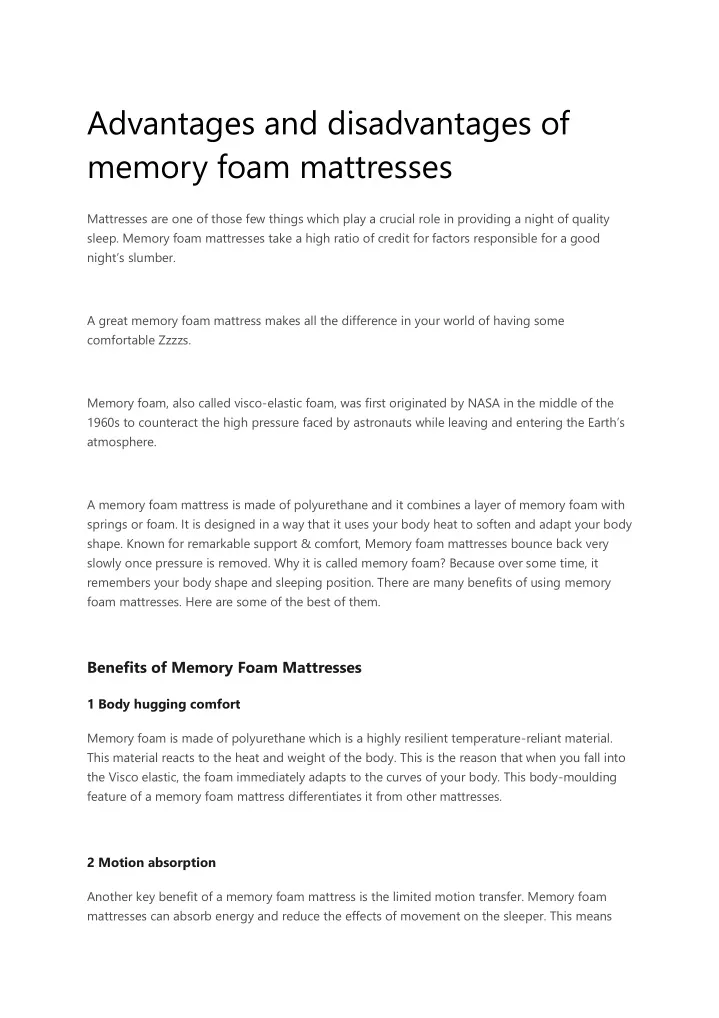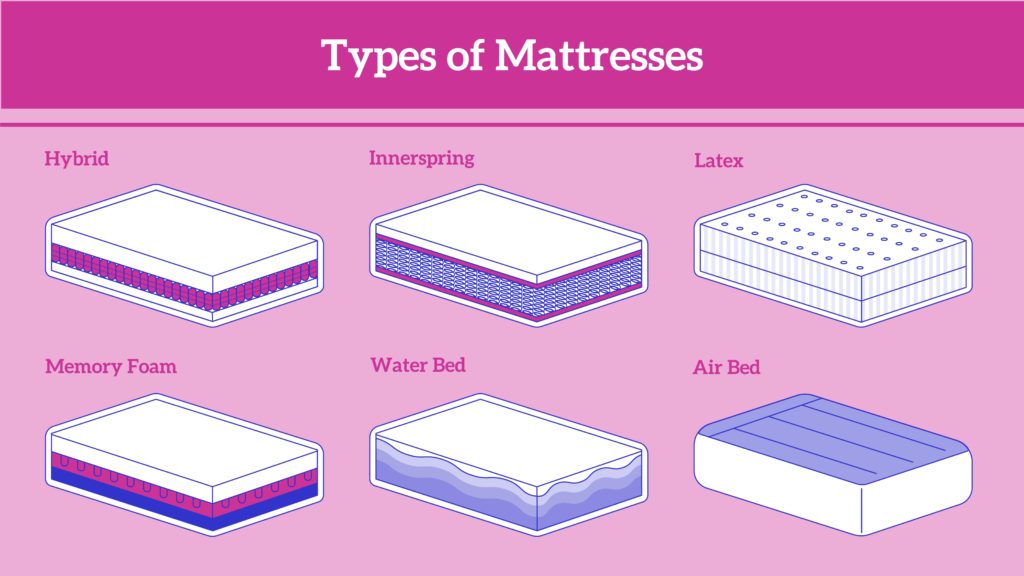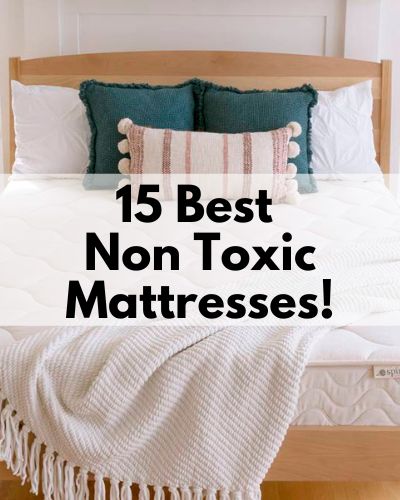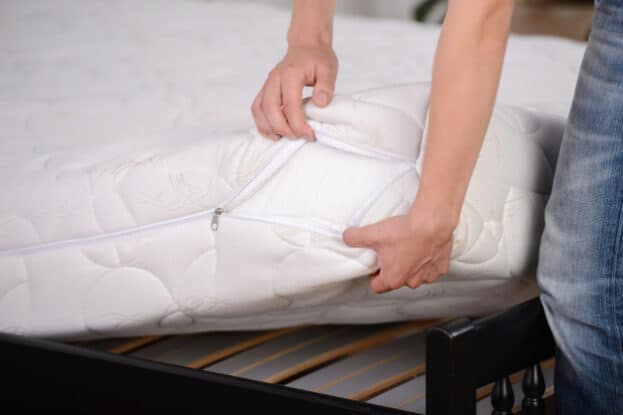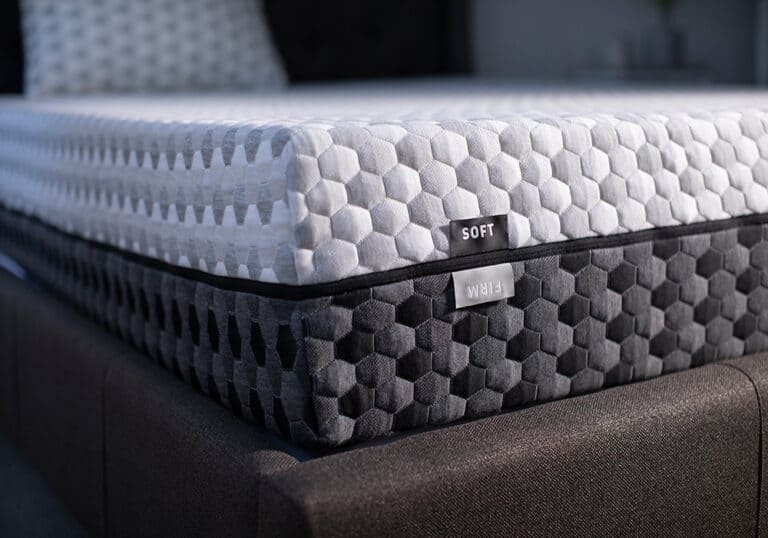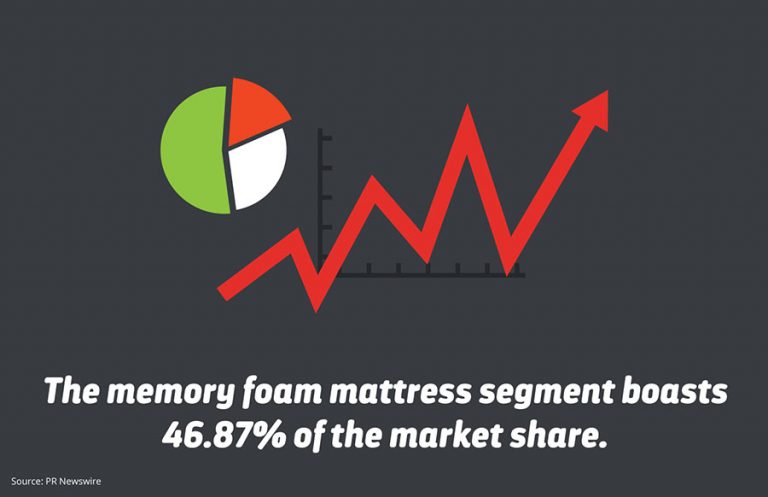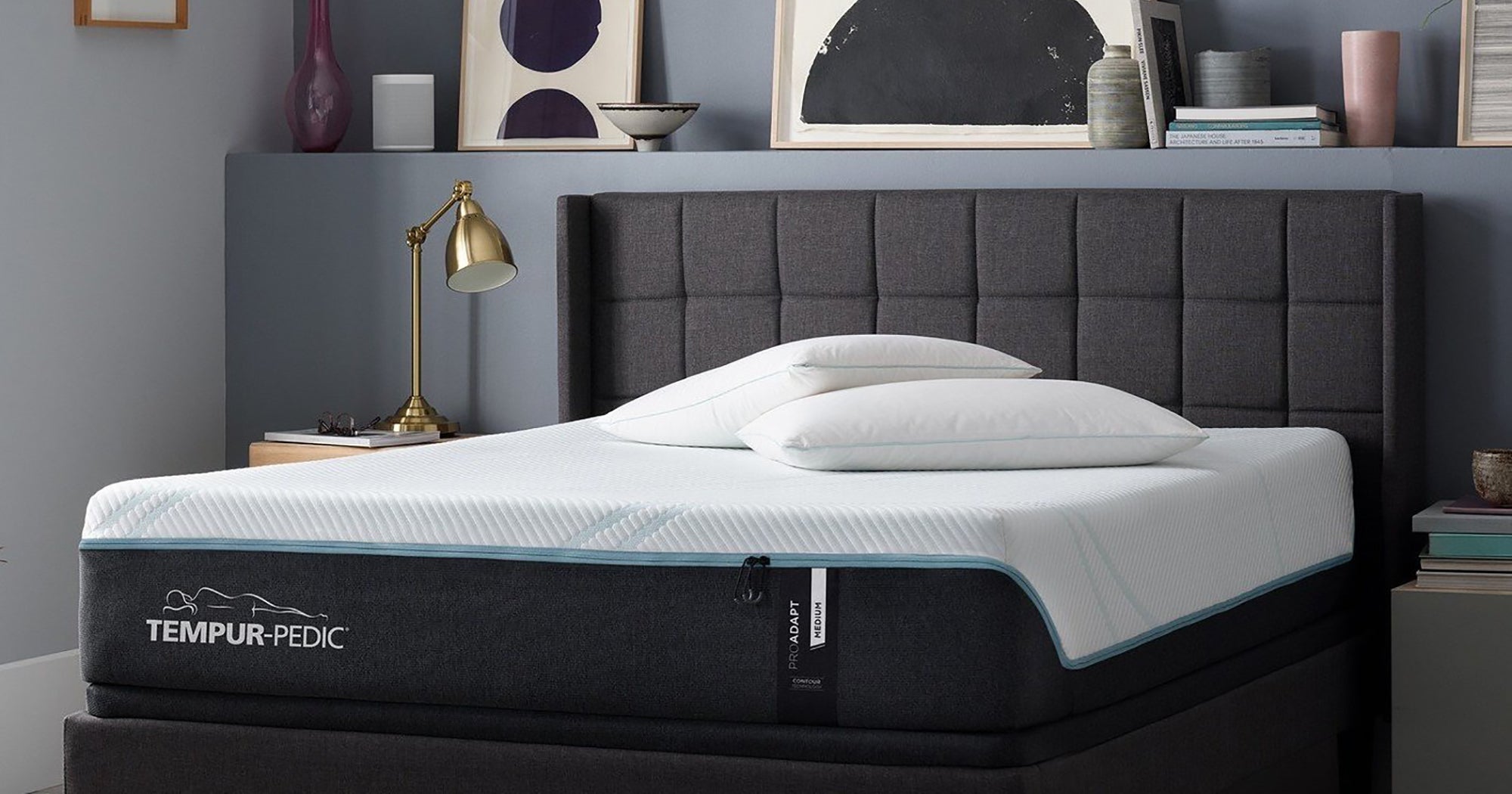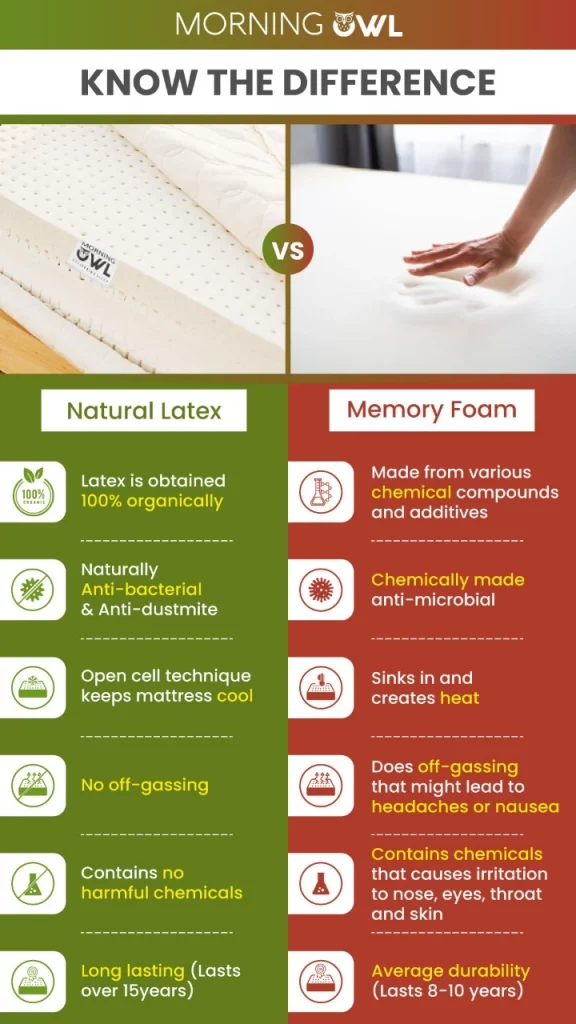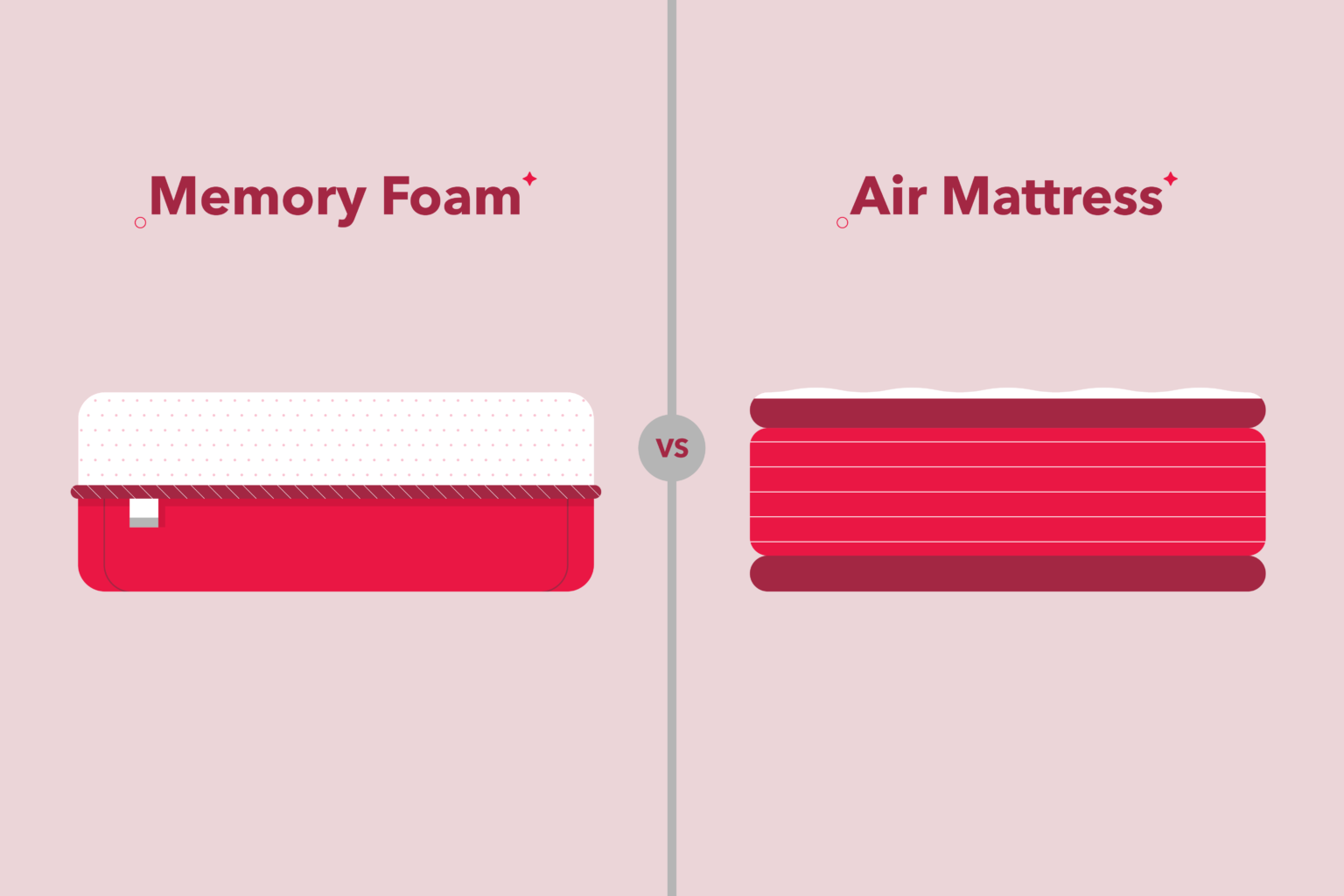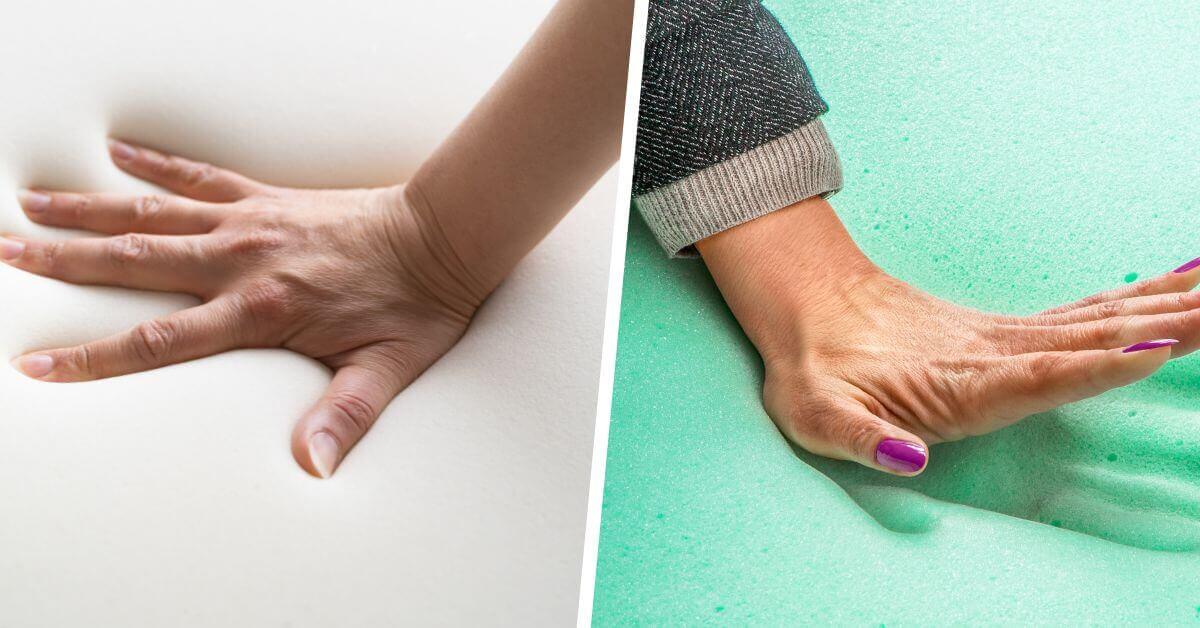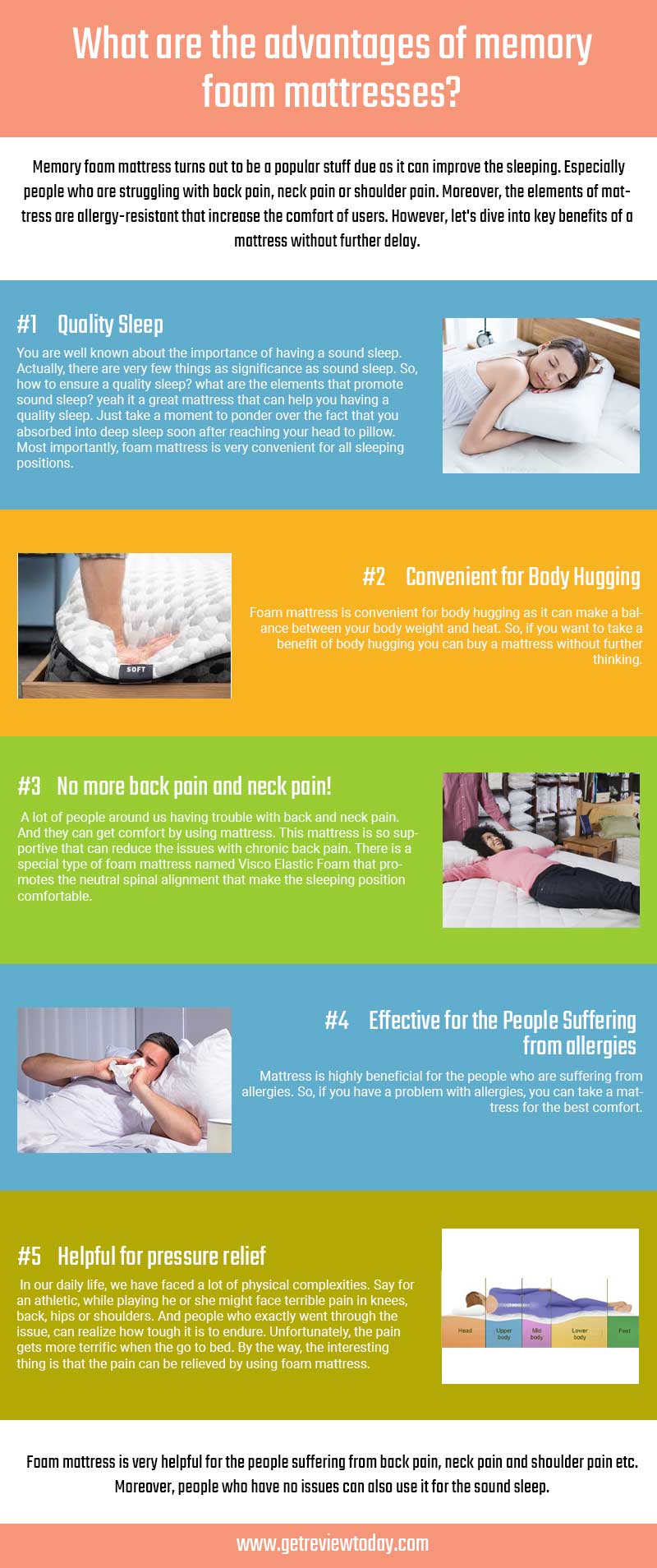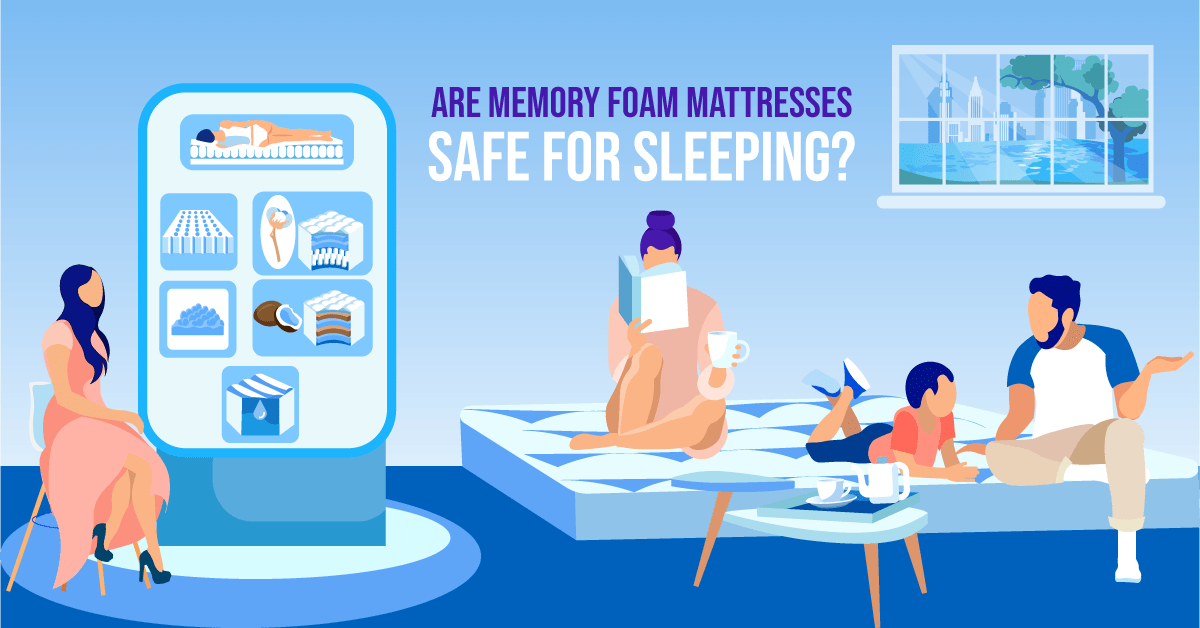Memory foam mattresses have become increasingly popular in recent years, touted for their comfort and support. However, there has been growing concern about the potential toxicity of these mattresses. With many people spending a significant amount of time sleeping on their mattresses, it's important to understand the potential risks associated with memory foam. So, are memory foam mattresses toxic? Let's take a closer look. Memory Foam Mattresses: Are They Safe?
There are a few key components of memory foam mattresses that have raised concerns about their safety. One of the main concerns is the use of volatile organic compounds, or VOCs, in the production of memory foam. These chemicals can emit potentially harmful gases into the air, which can then be inhaled by the sleeper. Additionally, memory foam is often treated with flame retardants, which are known to contain toxic chemicals. These chemicals have been linked to various health issues, including cancer, reproductive problems, and developmental delays in children. The Truth About Memory Foam Mattresses and Toxicity
While there is no definitive answer, the potential health risks associated with memory foam mattresses cannot be ignored. In fact, many manufacturers of memory foam mattresses are required to include warning labels about the use of potentially harmful chemicals in their products. Some of the most common health concerns associated with memory foam mattresses include respiratory issues, skin irritation, and hormone disruption. These risks may be particularly concerning for individuals with pre-existing health conditions or those who are sensitive to chemicals. Are Memory Foam Mattresses Toxic to Your Health?
In addition to the potential health risks, there are also environmental concerns associated with memory foam mattresses. The production of memory foam requires the use of petroleum-based chemicals, which contribute to air pollution and greenhouse gas emissions. Furthermore, memory foam mattresses are not biodegradable, meaning they will end up in landfills when they are no longer usable. This further adds to the environmental impact of these mattresses. The Dangers of Memory Foam Mattresses
To understand the potential toxicity of memory foam mattresses, it's important to take a closer look at the chemicals used in their production. Some of the most common chemicals found in memory foam mattresses include polyurethane, flame retardants, and formaldehyde. Polyurethane is a synthetic material that is used to create the foam in memory foam mattresses. This material is known to emit VOCs, which can be harmful to human health. Flame retardants are often used to meet fire safety regulations, but they can also contain toxic chemicals. Formaldehyde is used as a bonding agent in memory foam, but it is a known carcinogen and can also cause respiratory issues. Understanding the Chemicals in Memory Foam Mattresses
If you are in the market for a new mattress and are concerned about the potential toxicity of memory foam, there are a few things you can do to ensure you are choosing a safer option. First, look for certified organic or Greenguard Gold Certified memory foam mattresses. These certifications ensure that the mattress has been tested for harmful chemicals and meets strict safety standards. Additionally, you can look for mattresses that are made with plant-based memory foam, which uses natural materials instead of petroleum-based chemicals. This can help reduce the potential for off-gassing and exposure to harmful chemicals. How to Choose a Non-Toxic Memory Foam Mattress
As mentioned earlier, the production and disposal of memory foam mattresses have a significant environmental impact. If you are concerned about your carbon footprint, there are eco-friendly options available. Look for mattresses made from organic cotton or bamboo, which are sustainable and biodegradable materials. You can also opt for a natural latex mattress, which is made from the sap of rubber trees and does not require the use of harmful chemicals. These mattresses also tend to be more durable, making them a better long-term investment. The Environmental Impact of Memory Foam Mattresses
Children are particularly vulnerable to the potential toxicity of memory foam mattresses. Their smaller bodies and developing immune systems may be more sensitive to the chemicals used in these mattresses. If you are considering a memory foam mattress for your child, it's important to do your research and choose a safer option. You may also want to consider using a mattress cover made from organic materials to create a barrier between your child and the potentially toxic chemicals. Are Memory Foam Mattresses Safe for Children?
One of the biggest concerns with memory foam mattresses is their impact on indoor air quality. As mentioned earlier, the chemicals used in memory foam production can emit gases into the air, which can then be inhaled by the sleeper. This can lead to respiratory issues, headaches, and other health problems. If you already have a memory foam mattress, you can improve your indoor air quality by airing out your mattress regularly and using a high-quality air purifier in your bedroom. The Connection Between Memory Foam Mattresses and Indoor Air Quality
While memory foam mattresses may be popular, they are not the only option for a comfortable and supportive sleep surface. As mentioned earlier, natural latex and organic cotton mattresses are great alternatives that offer similar benefits without the potential health and environmental risks. Other options include innerspring mattresses, which are typically made with non-toxic materials, and hybrid mattresses, which combine the support of innerspring with the comfort of memory foam. Alternatives to Memory Foam Mattresses for a Healthier Sleep
Are Memory Foam Mattresses Toxic?

The Concerns Surrounding Memory Foam Mattresses
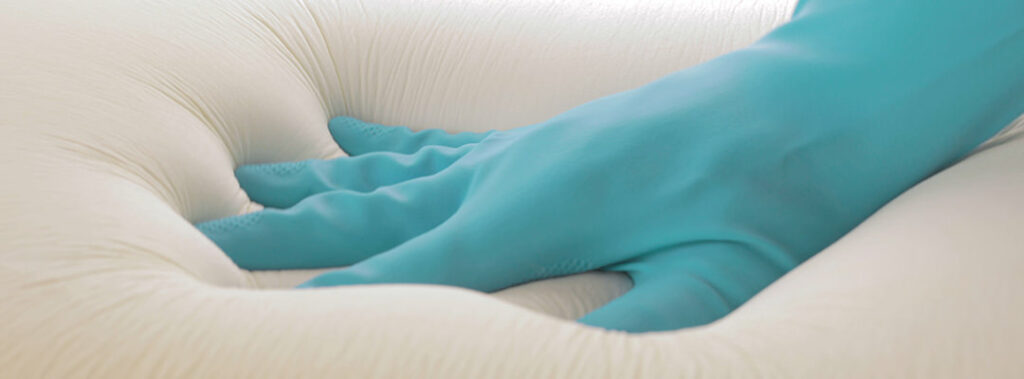 There has been a growing concern in recent years regarding the potential toxicity of memory foam mattresses. While these mattresses have become increasingly popular due to their comfort and support, many are worried about the chemicals used in their production and the potential health risks associated with them. The main concern stems from the use of
volatile organic compounds (VOCs)
in the manufacturing process, which can emit harmful gases into the air. These gases can be inhaled and absorbed through the skin, leading to a variety of health issues.
There has been a growing concern in recent years regarding the potential toxicity of memory foam mattresses. While these mattresses have become increasingly popular due to their comfort and support, many are worried about the chemicals used in their production and the potential health risks associated with them. The main concern stems from the use of
volatile organic compounds (VOCs)
in the manufacturing process, which can emit harmful gases into the air. These gases can be inhaled and absorbed through the skin, leading to a variety of health issues.
The Use of Harmful Chemicals
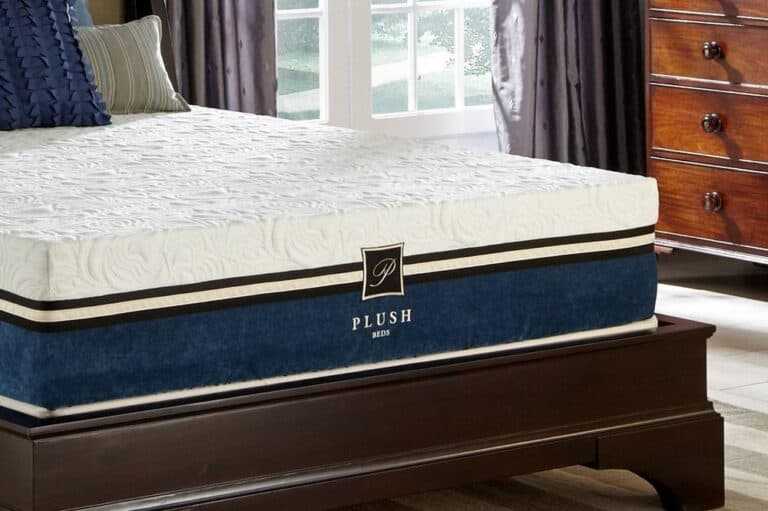 One of the primary concerns surrounding memory foam mattresses is the use of
formaldehyde
in their production. Formaldehyde is a known carcinogen and can cause respiratory problems, skin irritation, and other health issues. It is often used as an adhesive in the foam layers of the mattress, and can also be found in the flame retardants used to meet safety standards. In addition,
polybrominated diphenyl ethers (PBDEs)
have been used as flame retardants in memory foam mattresses, which have been linked to hormonal and developmental issues.
One of the primary concerns surrounding memory foam mattresses is the use of
formaldehyde
in their production. Formaldehyde is a known carcinogen and can cause respiratory problems, skin irritation, and other health issues. It is often used as an adhesive in the foam layers of the mattress, and can also be found in the flame retardants used to meet safety standards. In addition,
polybrominated diphenyl ethers (PBDEs)
have been used as flame retardants in memory foam mattresses, which have been linked to hormonal and developmental issues.
The Risk to Your Health
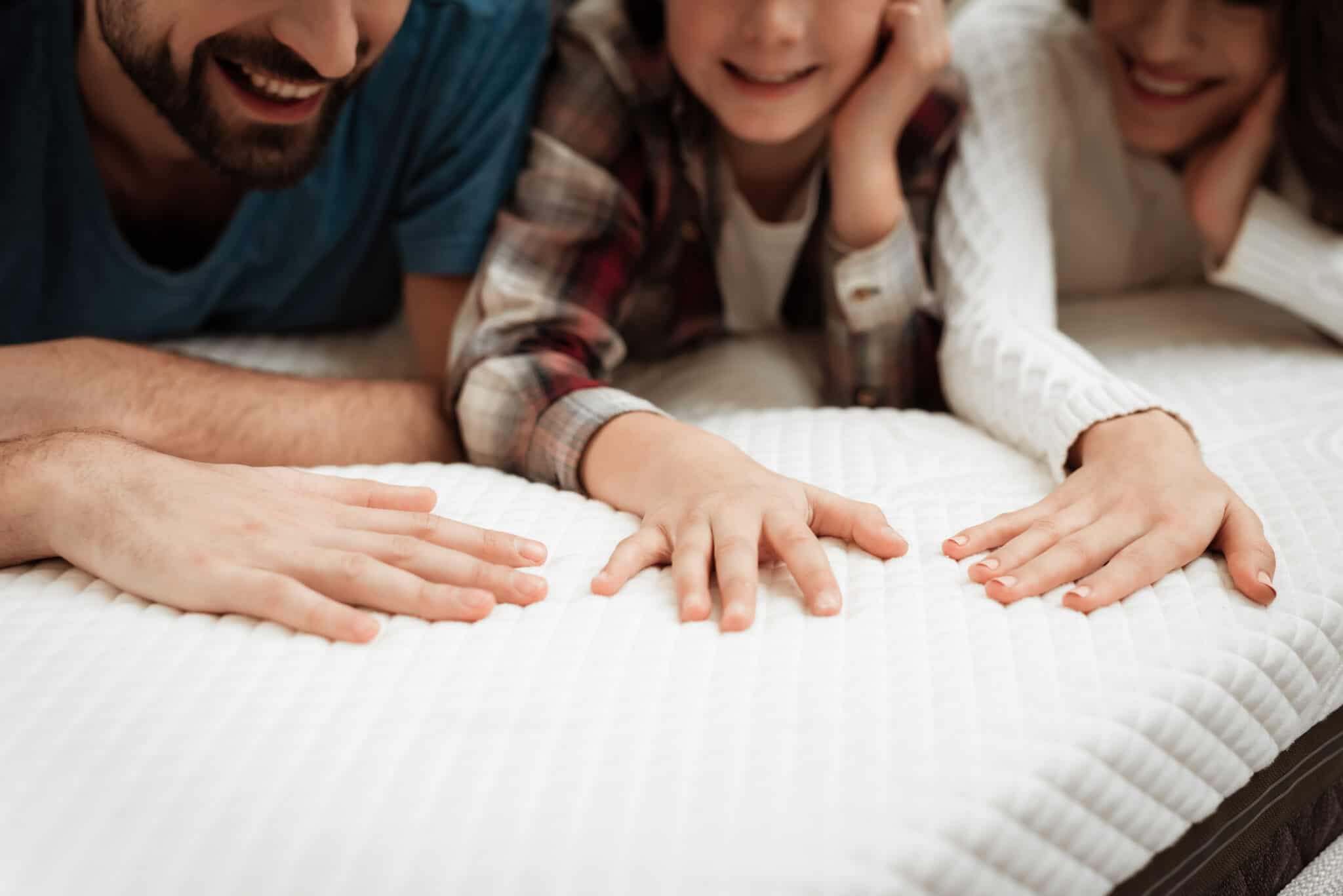 Exposure to these chemicals can have serious consequences for your health. Inhaling VOCs can lead to headaches, dizziness, and irritation of the eyes, nose, and throat. Prolonged exposure to formaldehyde has been linked to an increased risk of cancer, while PBDEs have been linked to reproductive and developmental issues. These chemicals can also
off-gas
over time, which means they continue to release harmful gases into the air, even after the mattress has been in use for some time.
Exposure to these chemicals can have serious consequences for your health. Inhaling VOCs can lead to headaches, dizziness, and irritation of the eyes, nose, and throat. Prolonged exposure to formaldehyde has been linked to an increased risk of cancer, while PBDEs have been linked to reproductive and developmental issues. These chemicals can also
off-gas
over time, which means they continue to release harmful gases into the air, even after the mattress has been in use for some time.
Choosing a Safer Option
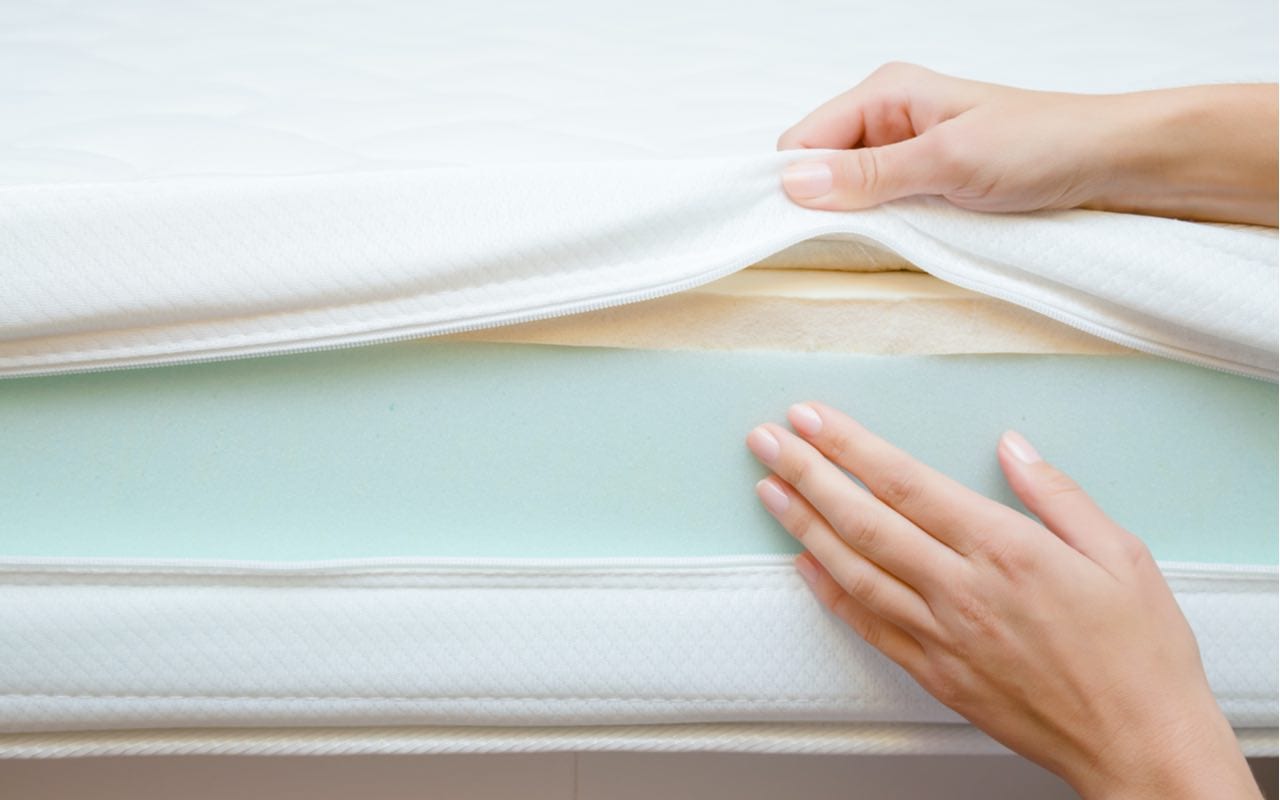 While memory foam mattresses may offer a comfortable and supportive sleeping surface, the potential health risks associated with them cannot be ignored. If you are concerned about the toxicity of your mattress, there are
safer alternatives
available. Look for mattresses that are
CertiPUR-US
certified, which means they are made without the use of harmful chemicals. You can also opt for organic mattresses made from natural materials, such as organic cotton, wool, or latex.
While memory foam mattresses may offer a comfortable and supportive sleeping surface, the potential health risks associated with them cannot be ignored. If you are concerned about the toxicity of your mattress, there are
safer alternatives
available. Look for mattresses that are
CertiPUR-US
certified, which means they are made without the use of harmful chemicals. You can also opt for organic mattresses made from natural materials, such as organic cotton, wool, or latex.
Conclusion
 In conclusion, while memory foam mattresses may provide a comfortable sleeping experience, the potential toxicity of the chemicals used in their production is a cause for concern. It is important to educate yourself on the materials used in your mattress and choose a safer option for the sake of your health and well-being. By doing so, you can rest easy knowing that your mattress is not only comfortable, but also safe for you and your family.
In conclusion, while memory foam mattresses may provide a comfortable sleeping experience, the potential toxicity of the chemicals used in their production is a cause for concern. It is important to educate yourself on the materials used in your mattress and choose a safer option for the sake of your health and well-being. By doing so, you can rest easy knowing that your mattress is not only comfortable, but also safe for you and your family.








